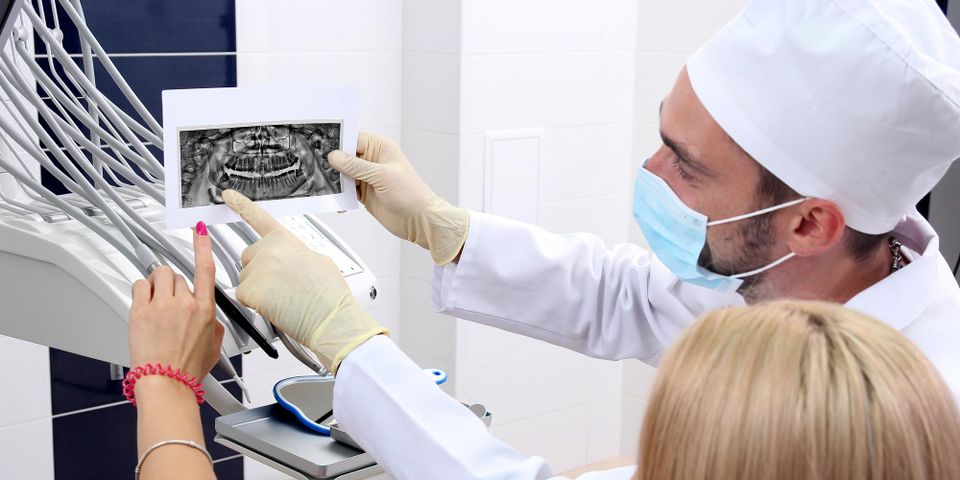A Guide to Oral & Maxillofacial Surgeons

When you have a serious tooth or gum problem or persistent jaw pain, there is only so much a normal dentist can do. Usually, to correct the issue, you need to see an oral surgeon. Use this guide to learn more about these physicians and when you might need them.
What Is Oral & Maxillofacial Surgery?
Oral and maxillofacial surgeons specialize in the diagnosis, surgery, and treatment of practically any issue involving the hard and soft tissues in the craniomaxillofacial region—the mouth, jaws, face, skull, and any associated structures. Common oral and maxillofacial surgeries and procedures include:
- Wisdom Tooth Extraction: If a wisdom tooth doesn’t have room to grow or erupt through the gums, it can become impacted. The results are pain, tooth decay, and infection. Also, as the tooth tries to break through, it can damage surrounding teeth, gums, and possibly grow directly into the jawbone, where it will become trapped.
- Palatoplasty: A cleft lip or palate, which is an opening in the upper lip or roof of the mouth, is one of the most common birth defects. Oral surgeons perform this surgery to repair the opening and damaged muscles in the area when a baby is 10 to 12 months old.
- Dental Implant Surgery: This surgery involves replacing the root of a damaged or missing tooth with a titanium post that will fuse with the jawbone. The implant keeps an artificial tooth in place and prevents jawbone loss.
What Kind of Training Do Oral Surgeons Receive?
 Oral and maxillofacial surgeons will generally have 12 to 14 years of schooling before beginning their practice. They start their education in an undergrad program, usually focused on biology, chemistry, or another science field.
Oral and maxillofacial surgeons will generally have 12 to 14 years of schooling before beginning their practice. They start their education in an undergrad program, usually focused on biology, chemistry, or another science field.
After two years, they can move on to dental school to receive basic dental training, but most students arrive with at least a bachelor’s degree. At the end of a four-year program, they will graduate with a Doctor of Dental Surgery (DDS) or Doctor of Dental Medicine (DDM) degree.
The education doesn’t stop here. They must then complete a four-year hospital-based residency program, where they’ll have the option of earning a medical or another advanced degree. These programs are incredibly rigorous, with limited spots often given to those who finished in the top 10% of the dental school class.
When you require oral and maxillofacial surgery, turn to the professionals at Oral Surgery Associates of Alaska based in Anchorage. Their oral surgeons and certified surgical assistants are professionally trained in stress-free pre-operative, operative, and post-operative care. They’ll make sure you’re fully informed of your diagnosis and the available treatment options. Call them today at (907) 561-1430 to schedule a consultation, and visit their website to learn more about the procedures they perform.
About the Business
Have a question? Ask the experts!
Send your question

